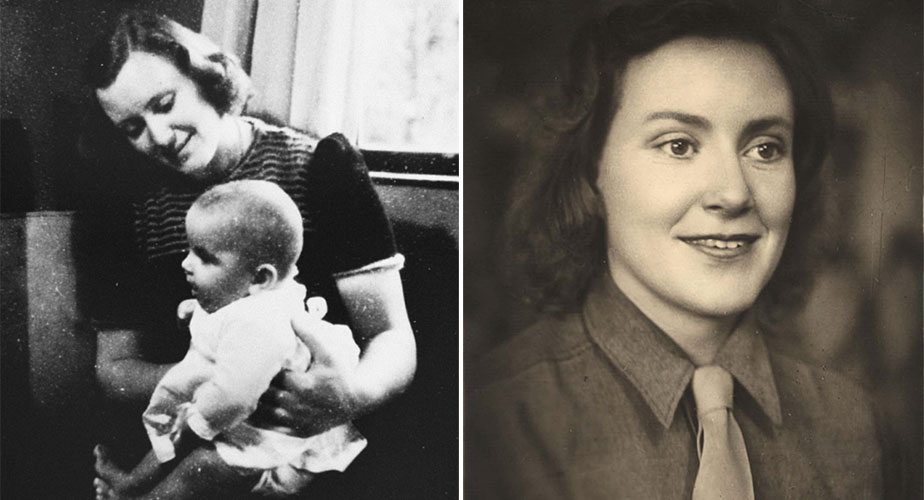Irena Sendler’s story is one of extraordinary courage and selflessness during one of history’s darkest periods. A Polish social worker and nurse, Irena risked her life to rescue 2,500 Jewish children from the horrors of the Holocaust. Her bravery and determination to save innocent lives, often at great personal risk, remain an inspiring testament to the power of compassion in the face of unimaginable evil.
The Nazi Occupation and the Plight of the Jews
During World War II, Poland fell under Nazi occupation, and the Jewish population was subjected to brutal persecution. In 1940, the Nazis established the Warsaw Ghetto, confining over 400,000 Jews in inhumane conditions, with little food, medicine, or hope for survival. As the Nazi regime escalated its genocidal policies, deporting thousands to concentration camps, the fate of the Jewish people became increasingly dire.
Amid this bleak reality, Irena Sendler, then a young social worker, could not stand idly by. Driven by a profound sense of duty and compassion, she became an active member of the Polish underground organization, Żegota, which was dedicated to aiding Jews during the occupation.
A Life Risked to Save Others
Under the guise of inspecting sanitation conditions to prevent the spread of disease, Irena gained access to the Warsaw Ghetto. What she witnessed there—the suffering, starvation, and despair—moved her to take action. Realizing that the children were especially vulnerable, she devised a daring plan to smuggle them out of the ghetto and place them with non-Jewish families, convents, and orphanages.
Irena and her network used various methods to rescue the children, including hiding them in ambulances, underground passages, and even coffins. She meticulously documented the identities of the children, recording their real names alongside their new identities on slips of paper, which she buried in jars under an apple tree in her neighbor’s yard. She hoped that after the war, the children could be reunited with their families—though tragically, many of their parents perished in the Holocaust.
Arrest and Torture
Irena’s activities eventually drew the attention of the Gestapo, and in 1943, she was arrested and brutally tortured. Despite the severe beatings, she refused to divulge any information about the children she had saved or her fellow resistance members. Her resilience and steadfastness saved countless lives, even as she faced the threat of execution.
